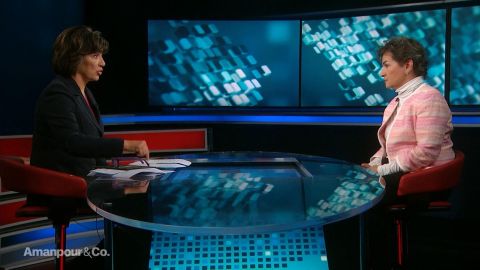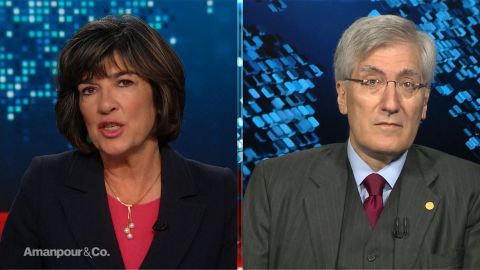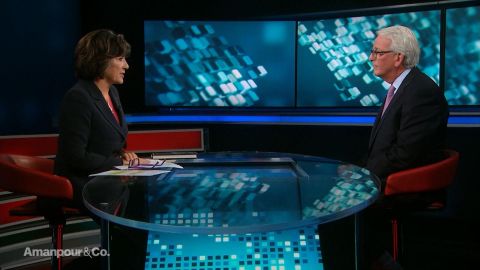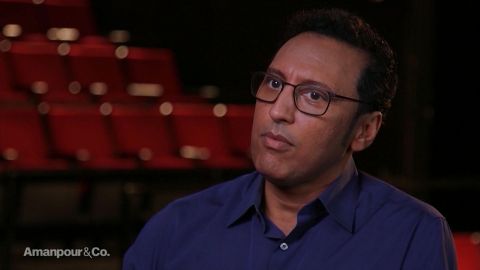Read Transcript EXPAND
CHRISTIANA FIGUERES: Well, there is a combination, right? First, we have to ensure that the pattern that has been set by energy with renewable energy is followed by every sector. We’re not on track with (INAUDIBLE) with a restoration of degraded lands, we’re not on track with protecting our standing forests, we’re not on track with smart agriculture. That whole sector needs to catch up quite quickly. The same thing with heavy industry. So, how do we get those on track? We need a radical collaboration that would be, A, governments need to set an even bolder signal than they set in Paris, infrastructure needs to be invested in so everyone in the investment community needs to shift their capital very quickly into clean infrastructure, clean resilient low-carbon infrastructure. We need to have behavioral changes because we cannot continue to eat meat that is animal based. We have to change to plant- based food. And of course, we need the corporate world to also shift itself over from where we are to where many of the corporates already are, which is low-carbon services and products.
CHRISTIANE AMANPOUR: For instance, electric cars will become the norm rather than the exception as they are now?
FIGUERES: Absolutely. Absolutely.
AMANPOUR: And just to be clear for people who don’t understand, don’t eat meat because, is it the methane release into the atmosphere, is it because
of the water intensity? Why is that?
FIGUERES: Well, it’s both. It’s the methane but it’s also because typically where you have animal production it has actually been possible because you have deforested land. And so, the deforestation, both, is emitting but also, is actually degrading the land from the capability of absorbing carbon. So, for many —
AMANPOUR: The forest we need to absorb that carbon and turn it into —
FIGUERES: But you also said electric vehicles, Christiane, and that’s also, you know, the story — honestly, the story of the year because just three years ago when we thought about electric vehicles, we thought, “Well, that’s a complete science fiction,” right? Well, science fiction has turned into reality. You have every single major car company has now already announced that they are going electric, that their models are going electric. Some of them have actually said, “We will turn all our models electric.” And you have eight countries that have said, “We’re banning the internal combustion engine.” Setting a date including India. India has said, “As of 2030, no more vehicles that have internal combustion engines will be sold in India.” So, you do see a huge shift.
AMANPOUR: OK. So, you mentioned India and China. Every time we have this discussion, everybody says, the experts says, “Well, India and China and those countries feel that it’s their turn now. We in the West had the industrial revolution, we had the economic progress, we’ve done so much. And now, it’s their turn, these emerging massive behemoth economies.” What do you say to India and China when they say, “Oh, but it’s not fair?”
FIGUERES: Well, the more important thing is what are they saying, and they’re saying, “We actually want this transformation because it’s better for the health of our people.”
About This Episode EXPAND
Christiane Amanpour interviews former U.N. Climate Chief Christiana Figueres; former U.N. Ambassador to NATO Ivo Daalder; and Professor of Jurisprudence Robert George. Alicia Menendes interviews actor and writer Aasif Mandvi.
LEARN MORE



